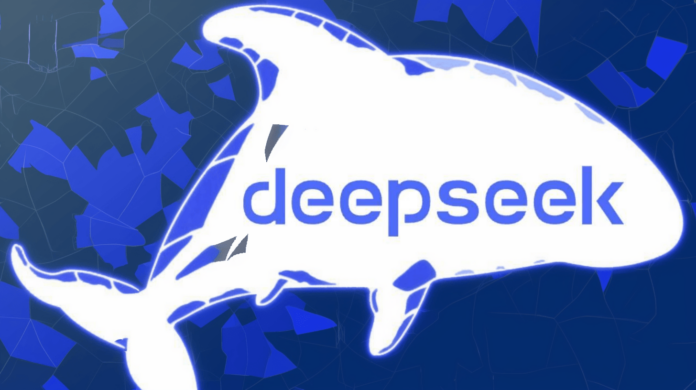Chinese AI startup DeepSeek is pushing forward with the release of its next-generation AI model after its previous version, R1, triggered a $1 trillion sell-off in global equities last month.
The Hangzhou-based firm had planned to launch its R2 model in May but is now accelerating its timeline, sources familiar with the company said.
The company aims for R2 to improve coding capabilities and expand beyond English-language reasoning, though it has not provided a specific release date. DeepSeek has gained attention for producing cost-effective AI models that compete with those developed by U.S. tech giants at significantly lower costs.
“The launch of DeepSeek’s R2 model could be a pivotal moment in the AI industry,” said Vijayasimha Alilughatta, chief operating officer of Indian tech services provider Zensar. He added that DeepSeek’s approach could disrupt the dominance of a few key players in the AI sector.
The rise of DeepSeek has drawn interest from both Chinese and U.S. authorities. The U.S. government has identified AI leadership as a national priority, while Chinese regulators and state-owned enterprises have rapidly integrated DeepSeek’s models into their operations.
Founder Liang Wenfeng, a former hedge fund executive, has largely remained out of the public eye since last year, running the company with a research-driven approach rather than traditional corporate structures.
DeepSeek’s success is built on substantial investments in computing power, made possible through its parent company, High-Flyer. The hedge fund, a pioneer in AI-driven trading, reportedly reinvested 70% of its revenue into AI research, spending over 1.2 billion yuan on supercomputing clusters in 2020 and 2021.
This early investment proved crucial when the U.S. imposed restrictions on exporting advanced Nvidia chips to China in 2022.
The startup’s AI models rely on techniques such as Mixture-of-Experts (MoE) and multihead latent attention (MLA), which reduce computational costs while maintaining competitive performance.
China’s government has strongly backed DeepSeek, with its models being rapidly adopted by state-owned enterprises and local governments. Premier Li Qiang has met with Liang, signaling high-level support for the firm’s innovations.
However, DeepSeek faces regulatory challenges abroad, as some countries, including South Korea and Italy, have removed its products from national app stores over privacy concerns.
As geopolitical tensions grow around AI technology, experts predict further restrictions on China’s access to advanced AI chips and software collaborations. DeepSeek’s ability to continue innovating under these constraints will determine its long-term position in the global AI landscape.
“Our problem has never been funding,” Liang told Chinese media outlet Waves in July. “It’s the embargo on high-end chips.”























